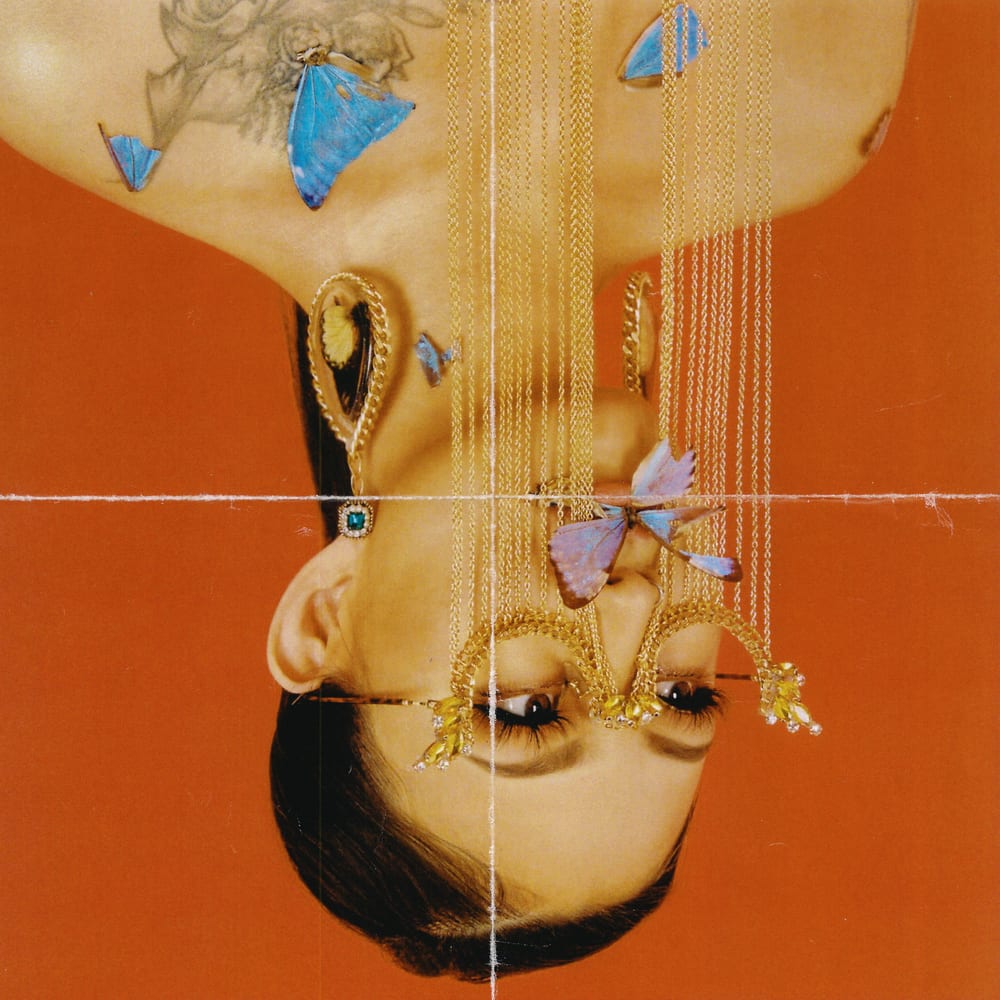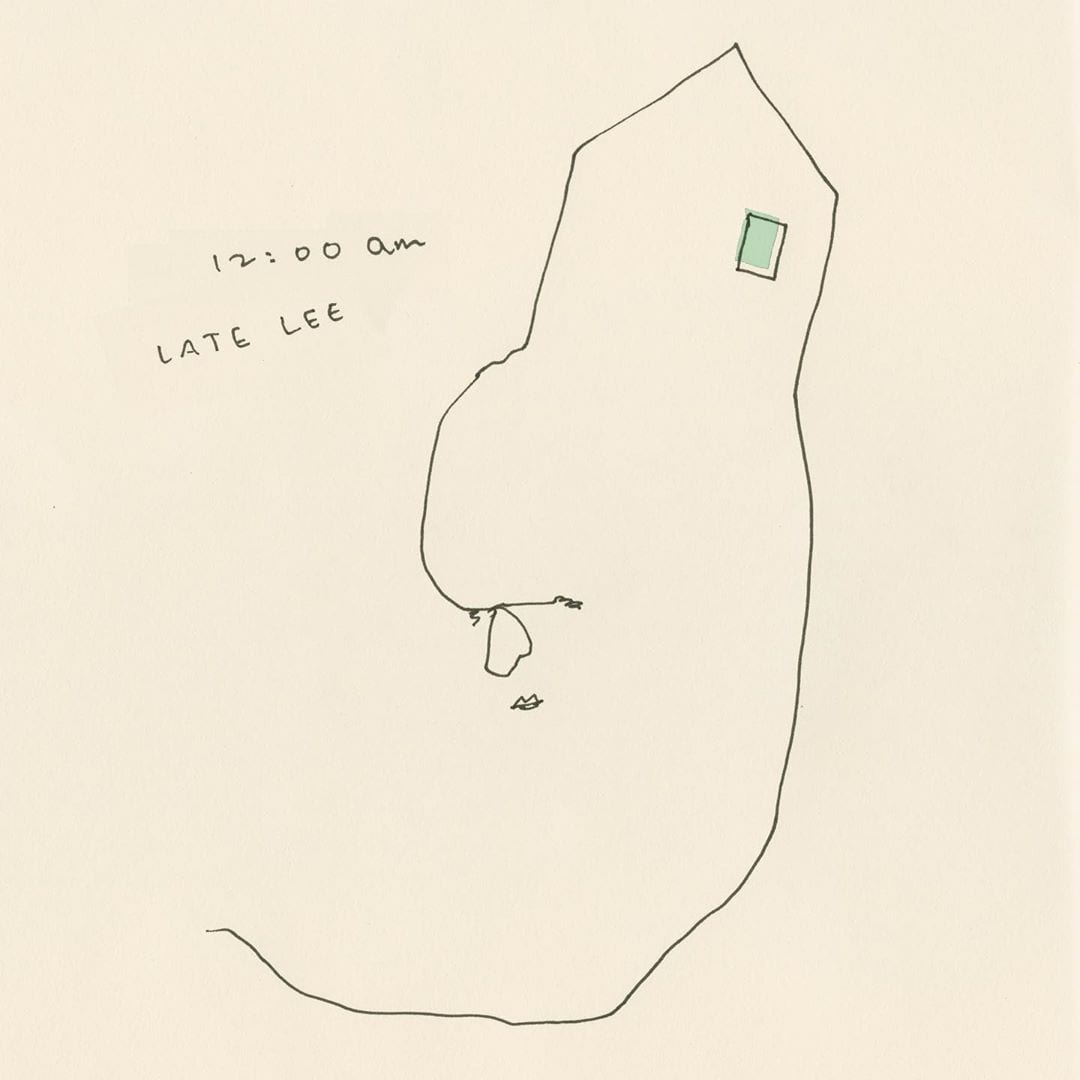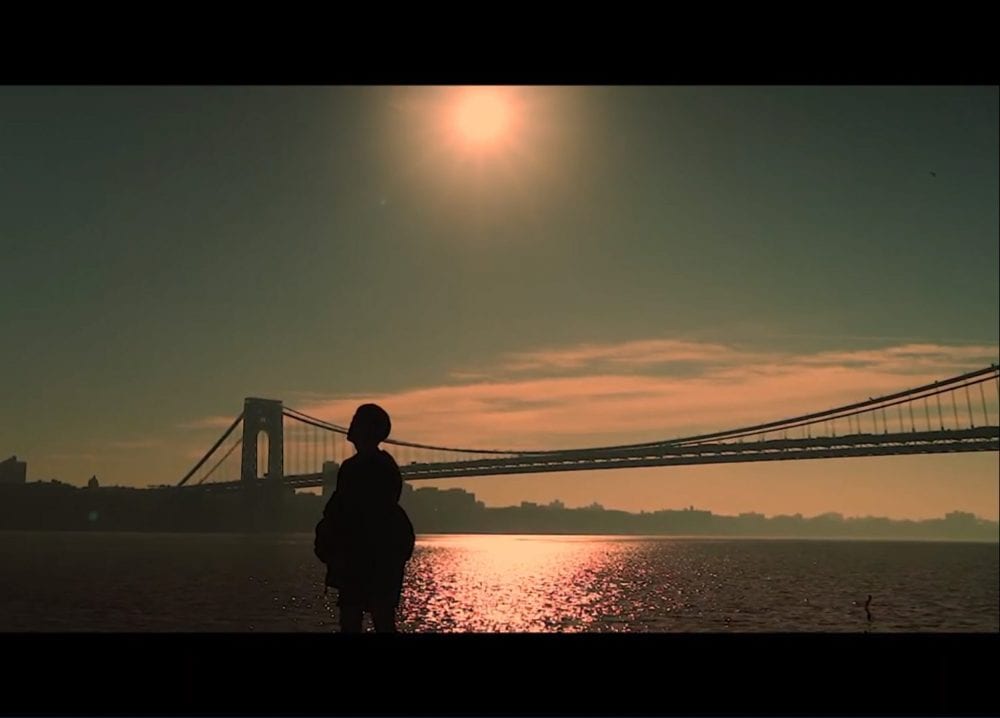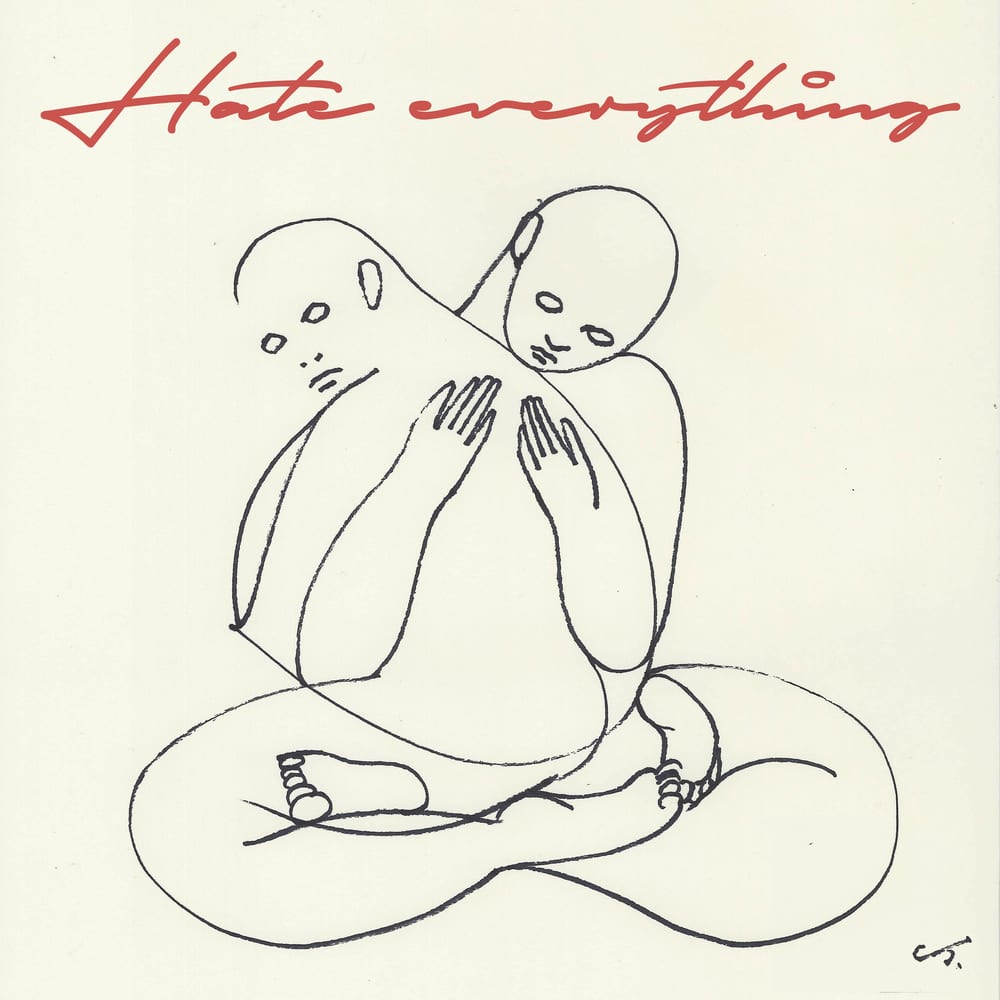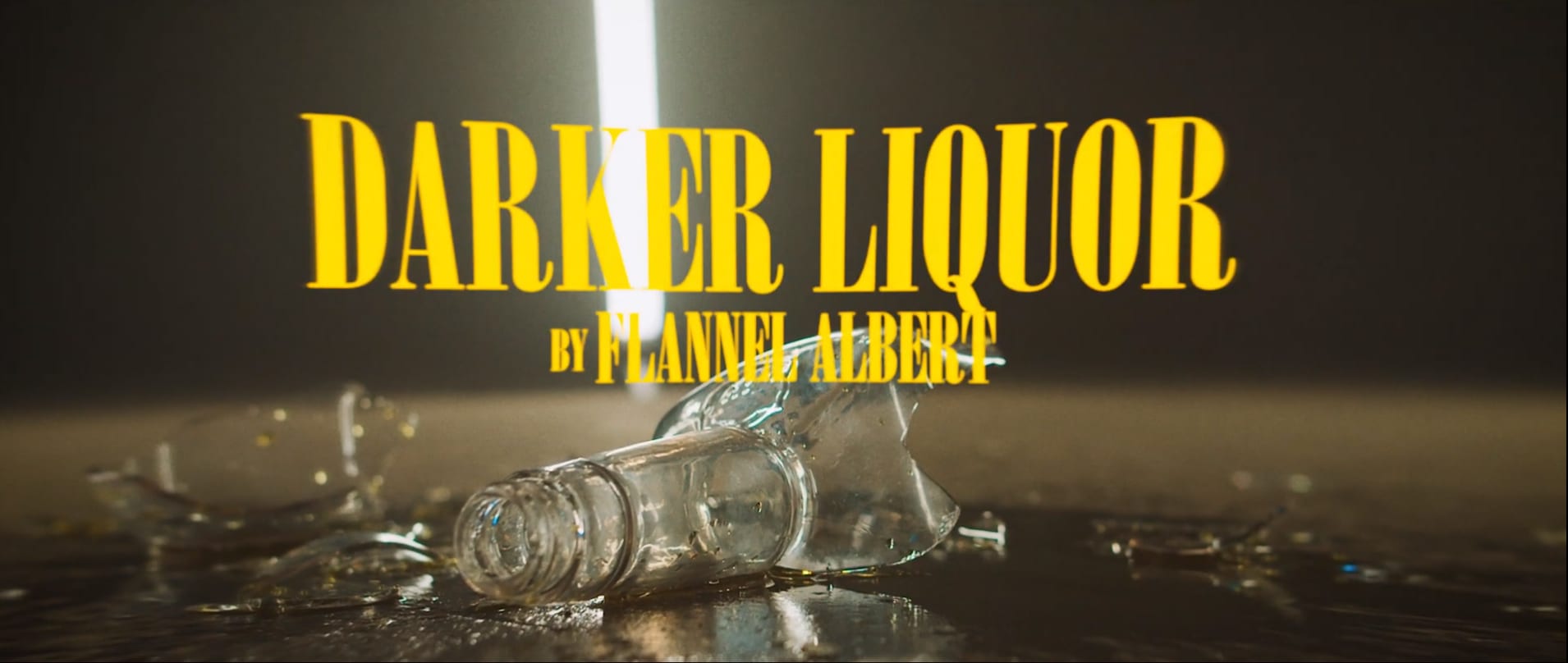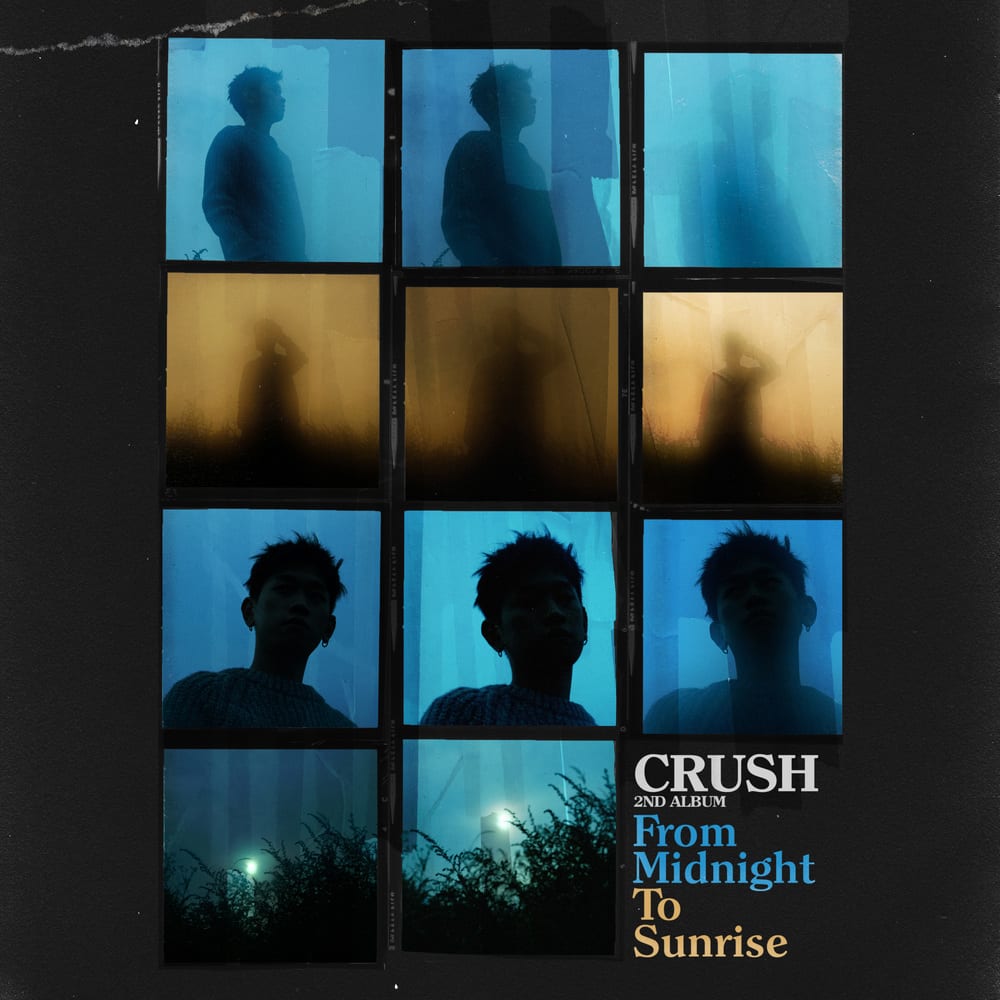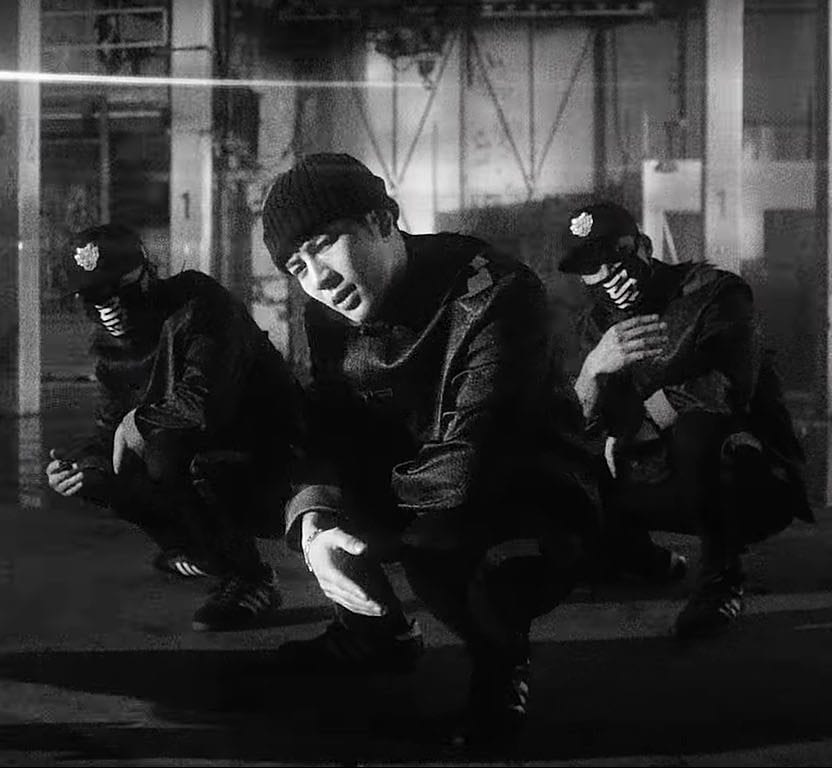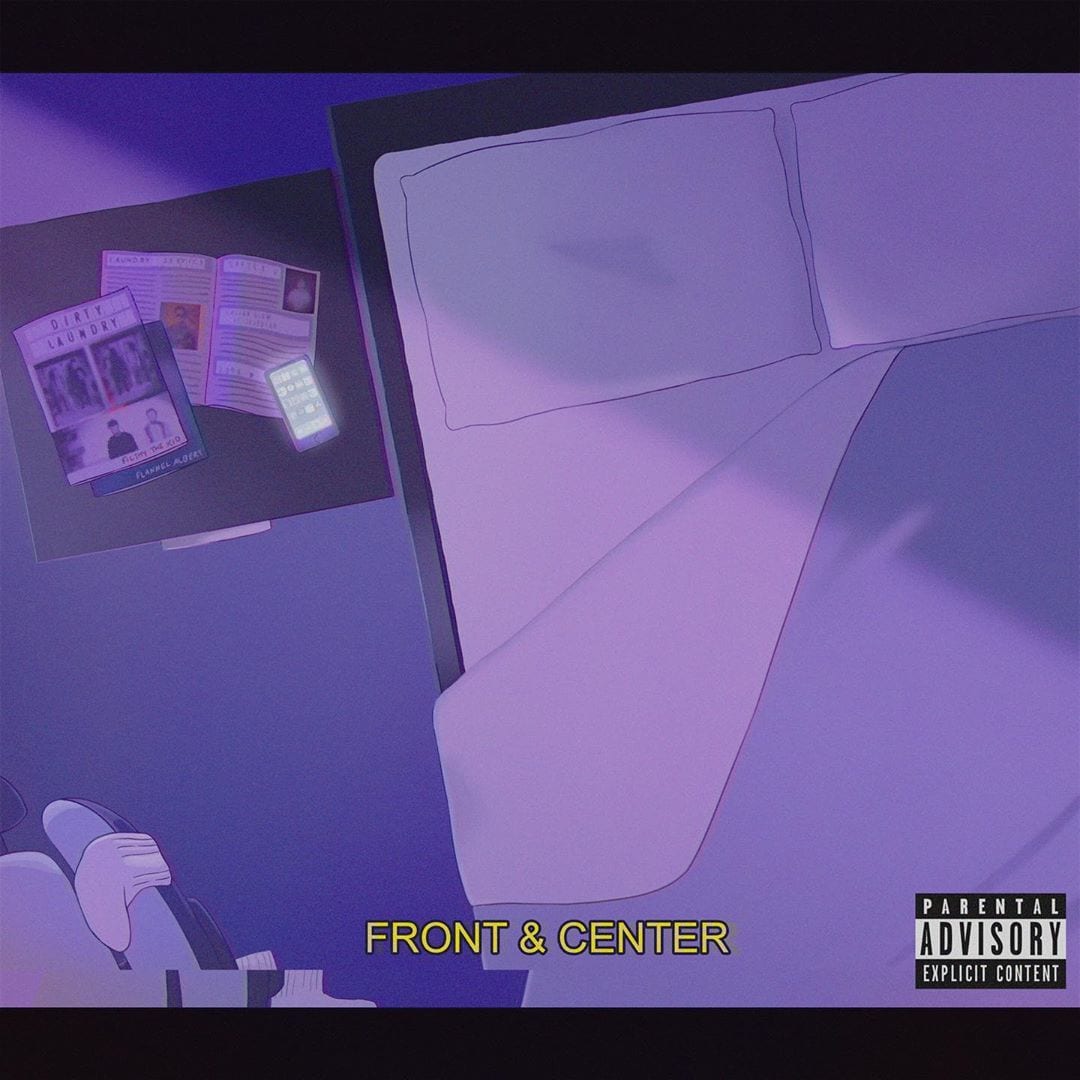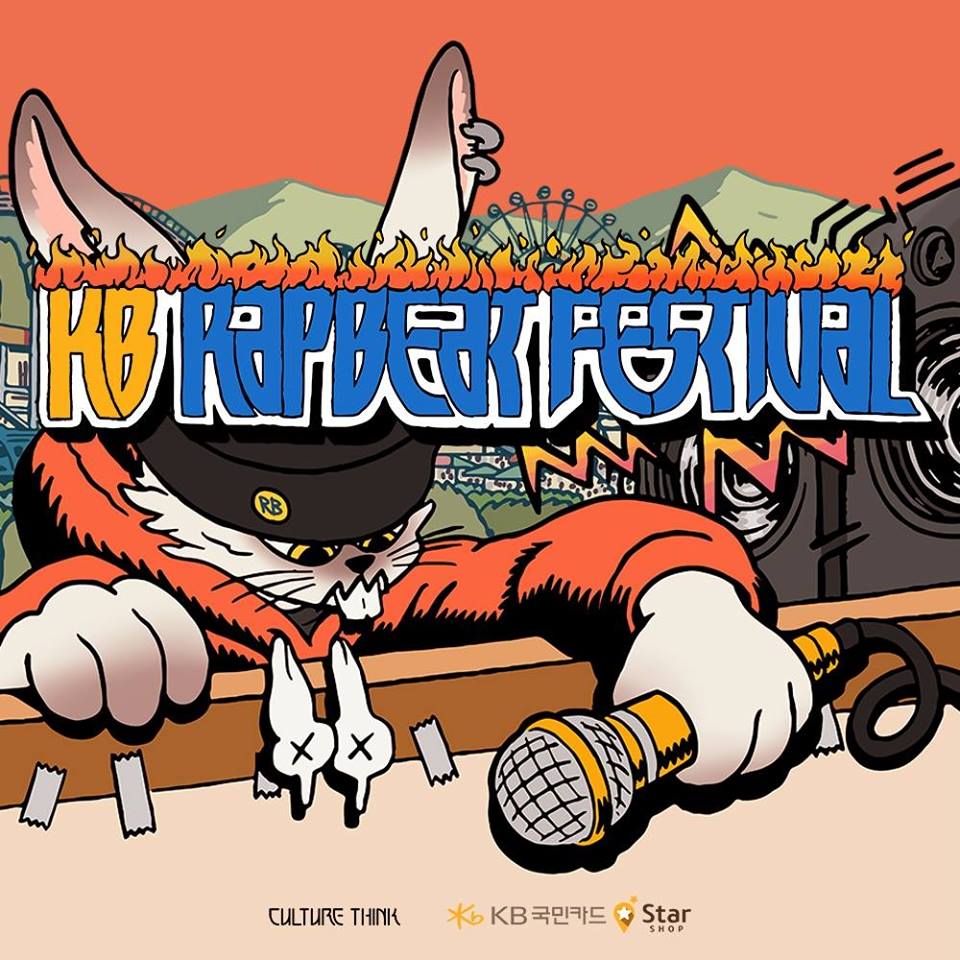When Daze Alive vocalist Rico gives a recommendation for a vocalist, best believe I’m going to give them my full attention. So when he dedicated an Instagram post to songstress Syn, it piqued my interest. She dropped her debut EP “Butterflies.” not long after this discovery. It’s certainly a pleasant surprise.
“12AM” Strikes on LATE LEE’s Journey to Growth
LATE LEE has had to unfold himself out of a lot of self-doubt and feelings of being mentally lost. He’s taken long-term breaks from social media to try to find his center on more than one occasion. Out of that exploration and journey to inner peace, he gifted fans his most poignant work to date. His second EP, “12AM.”
V1NO Explores Emotional Emptiness in “Runaway”
It’s truly a blessing to discover new talent. Particularly when they’ve worked so hard through so much to be able to share those talents with the world. Thus we have Paul Shin, now known by the stage name V1NO. This young man has had a life you wouldn’t believe. (But we’ll get more into that in our interview.) Last year he began to pursue his music in earnest. With that came the release of the music video for his song “Runaway.”
G.Soul Reborn from Grief as Golden in “Hate Everything”
It’s been a long two years since G.Soul enlisted. Fans of the honey-voiced singer were elated when he was finally discharged, promising new music upon his return. Almost as soon as he became a civilian again, he signed with Jay Park’s H1GHR Music and changed his stage name to something many would consider more apropos: Golden.
“Darker Liquor” by Flannel Albert: Of Vice & Men
I can’t begin to fathom the depths of Flannel Albert. Never mind I’ve known him for a few years now. The man has an emotional depth that most, including myself, have yet to even scratch the surface of. By now it’s common knowledge that he’s a remarkable writer. He’s mastered the art of false perception. Behind the playful composition and lilt of his melodic rap style, he buries some of the deepest parts of who he is. The darker parts of his melancholy.
Crush’s “From Midnight to Sunrise” is an Aural Masterpiece
Let me just get something out of the way. I got a song and a half into Crush’s latest album and was on the verge of tears. The last time this happened I was at uni. I’d just heard Jeff Buckley for the first time. After getting over the injustice of him having passed away before I discovered him, listening to Grace ripped something in me that’s never been repaired. Dammit, if Crush didn’t widen the crag with From Midnight to Sunrise.
Samuel Seo’s “The Misfit” is a Work of Art
This man just doesn’t know how to make a bad album. It’s like he’s physically incapable of doing so. It makes sense. Samuel Seo doesn’t release work every three months. He takes his time to develop, learn, nurture his sound. It’s obvious in the way he’s crafted The Misfit.
Inspiration vs. Imitation
I will say this. Samuel Seo knows his music. He thrives in the nuance of ’90s R&B and it shows. The risk for artists who derive much of their influence from others is their own voice gets lost. What we get is music that, while good in and of itself, is little more than imitation. Good music that’s good because, well, we’ve heard it before. For a few moments Seo runs into that exact issue. D’angelo is heavy in his sound for The Misfit. In fact, the first two tracks on the album (“Breathe,” “Misfit’s Anthem”) are very similar in style, tone, and delivery to the opening notes of D’angelo’s Black Messiah (“Ain’t That Easy”) and Voodoo’s “Devil’s Pie,” respectively. Dangerously similar.
Tracks “Yeonhui-Dong” and “Olive Session” reach a little further back and take influence from D’s Brown Sugar. I applaud Samuel for his dedication to a genre that he obviously has a great deal of love and respect for. However, I’d caution any artist to be very careful when excavating the discography of legends.
Something Borrowed, Something New
All that in mind, I can’t begrudge the talented musician his affections for the genre. Warnings and even hesitancy aside, from third track “Notting Hill” on, Seo showcases just how versatile his voice is. Not so much the tone or technicality in his singing. Rather, he has a mind for melody. Harmonies that are tightly packed but still have an unimaginable amount of air in the notes.
Even in tracks that have noticeable familiarity, he carries his own groove. A natural bounce and sway to the music that manages to distinguish itself from its influences enough to identify as something uniquely Samuel Seo. “Notting Hill” in and of itself grabs from samba, bits of bossa nova, and undeniable nods to West Coast jazz. (He throws in a few seconds of psychedelic soul at the end for good measure.) An amalgamation of sounds that results in one of the album’s most mystical and technically intricate tracks.
We get songs like “Ice Cube” and “Coastal Wave” that showcase Seo’s relaxed interpretation of neo-soul. Again, while his influences are overt, he manages to inject every ounce of his personality and maintain the aural aesthetic of the jazz-infused R&B subgenre.
From the Soul
What’s most interesting about the way he delivers his music is just how close to its soul roots it is. This is what makes him one of the most consistently good artists to come out of South Korea. His delivery, execution, the way he interprets the music is so genuine. There are moments when he can’t really shake the spectre of his influences. However, even then an observant listener will recognize a man using his voice to pay homage, not imitate.
This results in some honest-to-goodness soul music, separate from nods to his influences. Track “Really That” is a legitimate addition to the genre’s very specific canon. While track “8 8 3” takes the genre and adds a layer. Nods to, of course, D’angelo, but even Tom Browne with the bassline and US3 with the jazz-heavy aesthetic. Not just a nod to R&B. An addition to the conversation. He takes the historical significance of Soul music and adds relevance. Not an imitation. A sound that’s nuanced and personal.
The World According to Samuel Seo
Beginning with the lamenting “Something & Nothing,” the latter half of the album explodes into something more openly emotion driven. This is Samuel Seo in relation to the world around him. While reminiscing about his own evolution as a man, he questions the environment that molded his past. “Something & Nothing,” “Really That,” and “Good Morning” see him reaching inside for inspiration. The overall aesthetic even takes a subtle change. “Good Morning” borrows some of the beat-heavy R&B of Anderson .Paak a la Malibu. Using a combination of West Coast old soul and storytelling that goes further to define Seo’s artistry.
We then come to track “Playaplayaplaya.” The song that most epitomizes the Samuel Seo sound. It’s the jazz-forward R&B/Soul that has defined his aesthetic since Frameworks. Bits of Raphael Saadiq. Heavy on the Soulquarians in musical composition. But there’s just something unique to Samuel Seo in the delivery. He’s never hurried. Never insistent upon himself as a vocalist. The focal point is the feeling. The groove. How the music gets into you and causes you to bob your head, sway to his smooth cadence. All the while integrating very poignant lyricism.
His desire to peel back some of the harsher realities of South Korea’s society is as effortless as the way he incorporates genuine soul into his brand of Soul music. “Ordinary Kids” is his commentary on the strict (many would say overbearing) educational expectations that define much of the country’s backbone. It’s also the most English we hear him use. There’s an almost biting desperation for every listener to sympathize with him. He makes liberal use of repetition. Not redundancy, but reiteration to force the listener to really pay attention. He ends the song a cappella on the same resounding sentiment: “Dreams are born in the streets, no school.”
Emotional Core
Undercutting the entire album is this emotional core. Something that resonates without the listener actually realizing it. It sneaks in through tracks with more of a focus on the overall groove. With the final tracks, specifically “Yi Yu” and “The Misfit,” there’s an urgency to the tone. Something that drastically deters from the overall mellow mood of the rest of the album. You can sense Seo reaching deep into himself to pull out his truth.
In “Yi Yu,” he proclaims, “We all have a reason to live” on an elongated note that resonates even as the song spirals back into lilting instrumentation. “The Misfit” shows him reflective. A man looking back on his journey to this point and acknowledging the need to float away from the expectations of society and even himself. His voice stretches a bit further. He soars on the higher parts of his tenor, voice breaking in an emotional crack at the highest note’s crest. For the first time he deliberately makes use of vibrato. He’s quite literally taken flight, giving his voice the wings to “sail away.”
Conclusion
There’s so much brilliance to glean from The Misfit. Indeed, Seo has certainly proclaimed himself as something of an outsider in a market saturated with R&B crooners. For what it’s worth, that’s not exactly a bad thing. His music sets itself apart because it’s so very meticulous. The Misfit is a work of art. Plain and simple. A relevant piece of R&B-Soul that gets more interesting with every listen.
Follow Samuel Seo:
[icon type=”apple”] [icon type=”facebook”] [icon type=”instagram”] [icon type=”instagram”] [icon type=”soundcloud”] [icon type=”spotify”] [icon type=”twitter”] [icon type=”youtube”]Jackson Wang’s “Raw, Authentic Self”: “TITANIC” Review & Interview
“[Rich] Brian and I joined forces to make the best track to vibe out to with ‘Titanic.’ This song is all about getting hype, dancing, and having fun. I’m proud that we are representing Asian cultures together with this collaboration.”
–HiphopKR interview with Jackson Wang
DIRTY LAUNDRY Need Love in “Front & Center”
FLANNEL ALBERT and Filthy The Kid return with an LL Cool J style love lament. “Front & Center” is the love song we didn’t know we needed.
RapBeat Festival: Expectation vs. Reality
My first experience at the KB RapBeat Festival was certainly a stark example of expectation vs. reality. Let’s just say it was a bitter pill to swallow.

